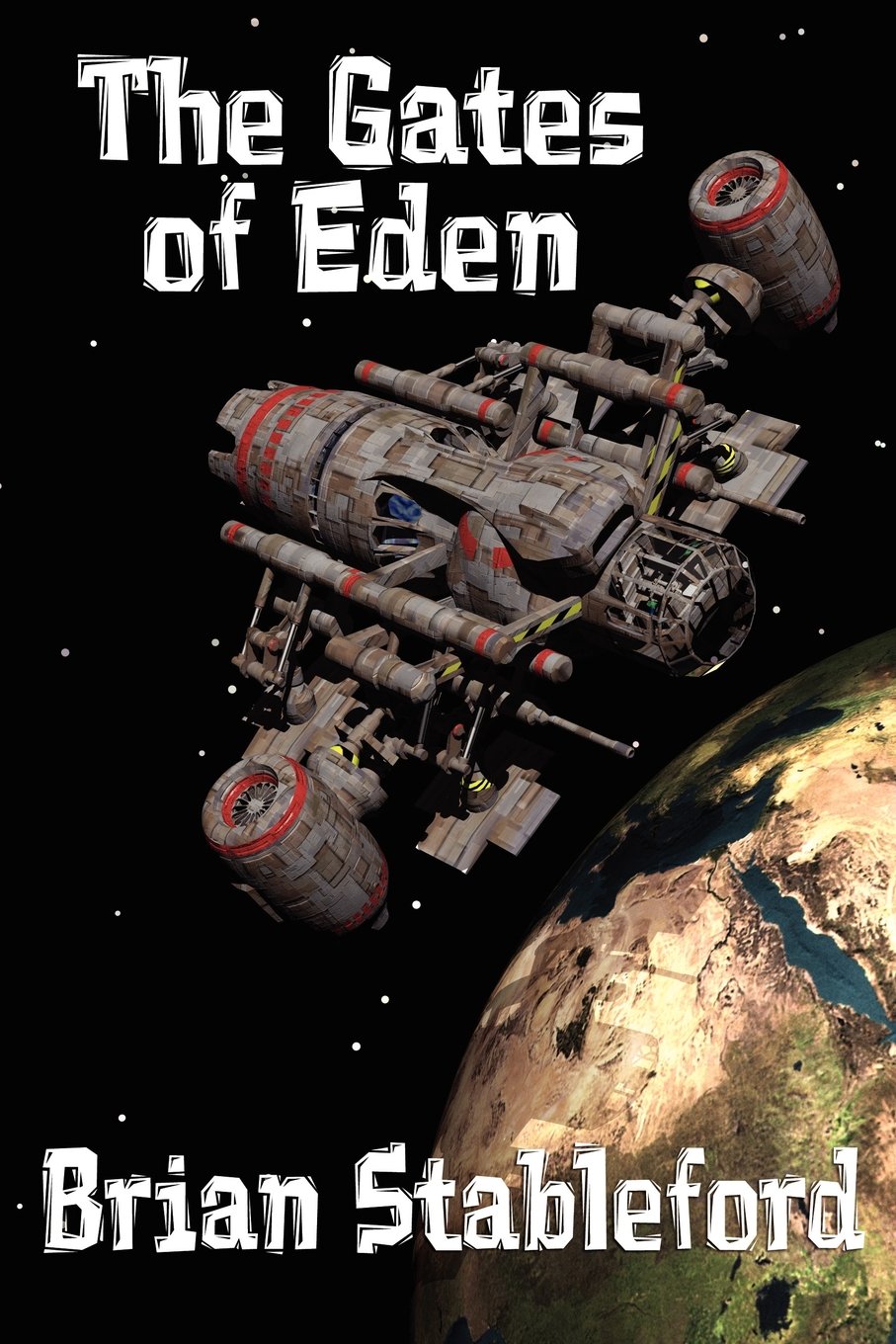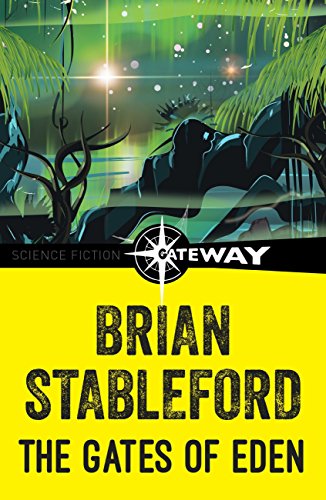| Home |
| Novels |
| Collections |
| Translations |
| Non-Fiction |
| Short Stories |
| Anthologies |

Their new world was all swamp. As far as could be seen there was no intelligent species. Yet this was alarming because all inhabitable planets so far discovered had thinking inhabitants.
But the nature of that planet's "people" turned out to be an enigma that had to be solved. For the alien biology there could spell doom to all the civilizations of the stars... doom or a terrible unity!
A brilliant adventure novel of scientific conjecture written by the scientist author of Journey to the Center and other innovative sf novels.
Cover art by Douglas Chaffee
Published by DAW in February 1983
ISBN: 0-87997-801-5
Dedicated to Barry Bayley

It is an unfortunate fact that good job for a xenobiologist are limited.
But then the starship Ariadne, in transit for 350 years, found an Earthlike world which looked like it might be the answer to everyone's dreams. Until the explorers sent out to investigate it began to die.
Something for Lee to work - on personal problems permitting - knowing that if he failed to come up with the reason why, all Hell would break loose on a galactic scale.
Cover art by Fred Gambino
Published by New English Library in September 1990
ISBN: 0-450-53203-8

Despite the development of a faster-than-light drive, Earth’s space program has been in the doldrums for centuries, as has Earth itself. Hyperspace being impossible to navigate without beacons at which to aim, there is no alternative but to wait for vessels sent out at sub-light speed decades previously to find somewhere worth going. Unfortunately, when a worthwhile planet finally turns up, it doesn’t take long for political conflicts to materialize over its exploitation.
Then, when an entire survey team perishes, the problems intensify. Lee Caretta is the man most likely to solve the problem—if his conflict-ridden employers will let him, if he can keep his tendencey to suffer unexplained blackouts under control, and if the world really is sufficiently Earth-like not to be deadly to the explorers. And then the humans begin to die once more!
Published by Wildside Press in October 2011
ISBN: 978-1-4344-3572-9

Before the hyper-space vessels could go from planet to planet, stations had to be set up. And that meant manned spaceships cut off from Earth for decades.
The explorer vessel Ariadne had gone toward galactic centre and was considered lost – until its call came in appealing for a xenobiologist.
Their new world was all swamp. As far as could be seen, there was no intelligent species. Yes, this was alarming because all inhabitable planets so far discovered had thinking inhabitants.
But the nature of that planet’s “people” turned out to be an enigma that had to be solved. For their alien biology could spell doom to all the civilizations of the stars … doom or a terrible unity!
Published by Orion (ebook) in October 2018
ISBN: 978-1-4732-1958-8
Translated into German as: Die Tore von Eden.

